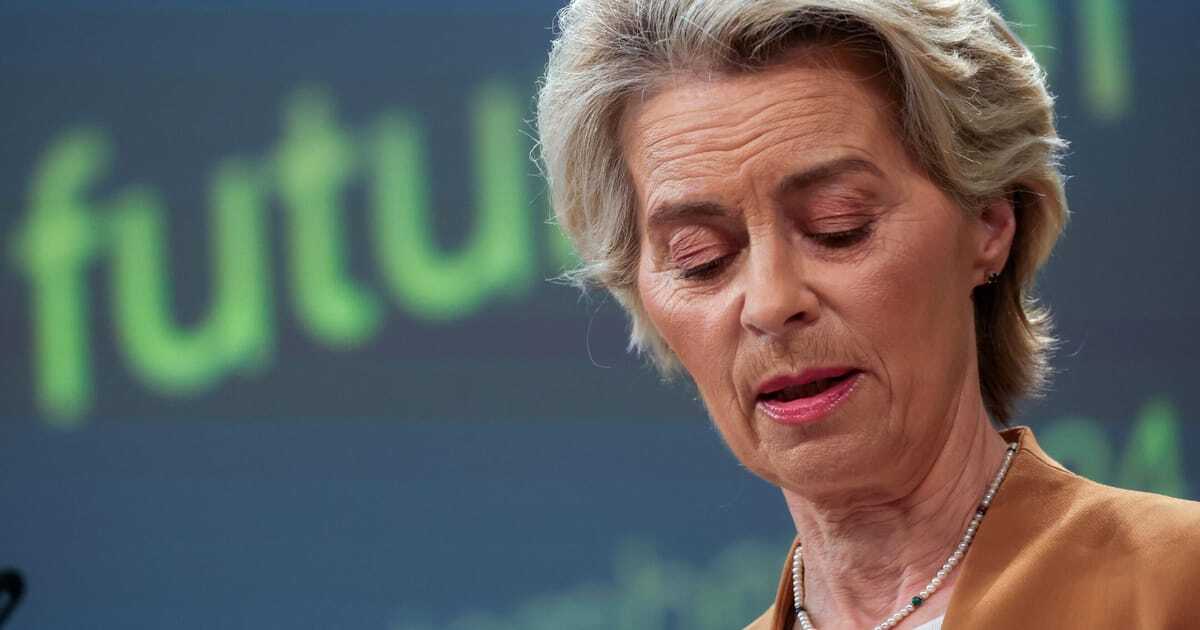#30DayChartChallenge Día 12: Gov Data Day! Explorando la distribución del spread 10Y-2Y del Tesoro USA (datos de FRED desde 1976).
Este histograma/densidad va más allá del valor diario: muestra la *probabilidad* histórica de cada nivel del spread. ¡Clave para entender expectativas económicas!
Puntos clave:
* Modo principal > 0 (curva normal es lo más común).
* ¡La inversión (<0, línea discontinua) tiene una probabilidad no trivial! Es la famosa señal pre-recesión. La distribución nos dice cuán "normal" es esa señal en perspectiva histórica.
* La forma general revela info sobre la dinámica de tipos.
Una visualización sobre la estructura probabilística de un indicador líder fundamental.
#rstats #ggplot2 #quantmod #grid
Código/Repo: https://t.ly/0RDmK







